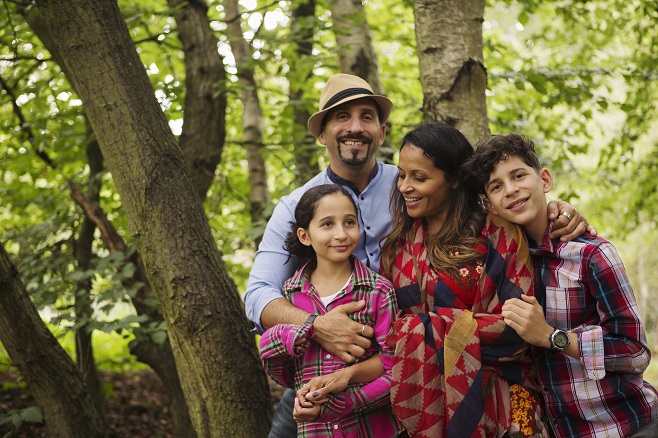
When families take an active role, they help reinforce skills, encourage consistency, and create a supportive environment that promotes long-term progress. Children are more likely to succeed when strategies used in therapy sessions are also practiced at home.
For children receiving early intervention services in New York City, family involvement is essential. Early learning experiences lay the foundation for future development, and when caregivers understand therapy techniques, they can integrate them into everyday routines. This consistency helps children strengthen communication, social, and adaptive skills in a way that feels natural. Small, repeated interactions at home reinforce what is learned in professional sessions, leading to more meaningful progress.
Therapies such as ABA services in New York City focus on structured, evidence-based strategies tailored to a child’s unique needs. These interventions work best when caregivers are engaged in the process. By learning and applying ABA techniques at home, families help children practice positive behaviors in different environments, making skills more adaptable. The involvement of parents and guardians also fosters better collaboration between professionals and families, ensuring therapy goals align with daily life.
For children receiving special instruction New York City, family participation enhances learning opportunities. Special instruction provides individualized support to address developmental challenges, and when parents reinforce these lessons outside of formal sessions, children develop stronger problem-solving skills. Caregivers who actively engage with instructors gain valuable strategies to support their child’s learning, helping them navigate daily activities more independently.
Family engagement supports lifelong success by maintaining progress beyond therapy sessions. When caregivers stay involved, they help children build confidence and independence, setting them up for long-term growth. Professional guidance is key to making this process effective.
To learn more about therapy services and how family involvement can improve outcomes, contact Creative Foundations LLC today.
Disclaimer
Blogs, content and other media uploaded online are for informational purposes only. Contents on this website should not be considered medical advice. Readers are strongly encouraged to visit their physician for health-related issues.






Leave a Reply